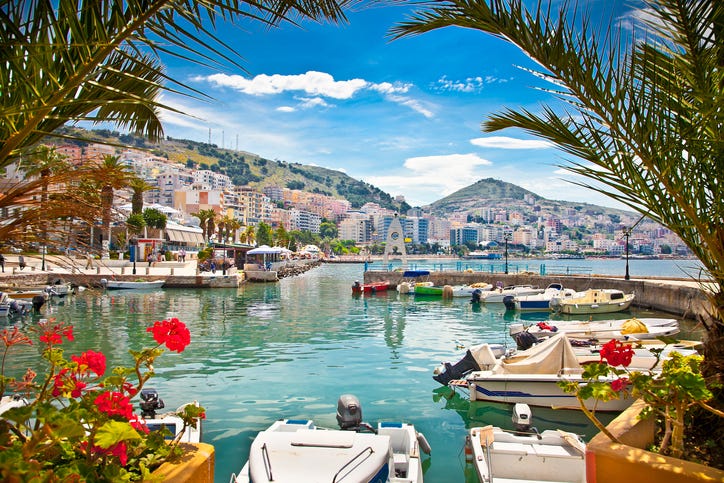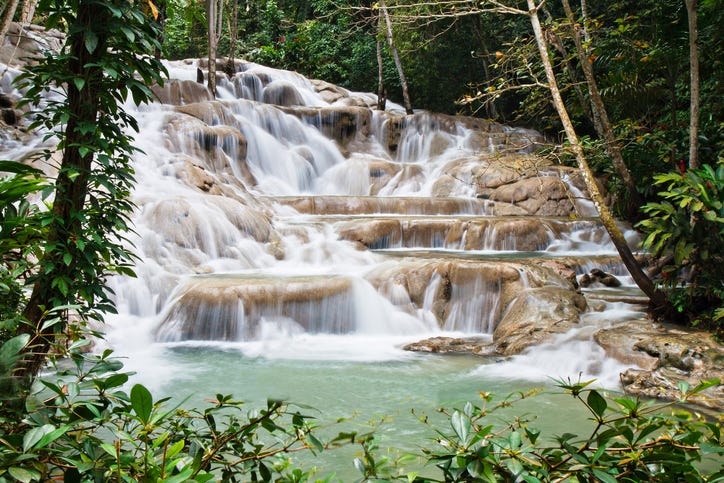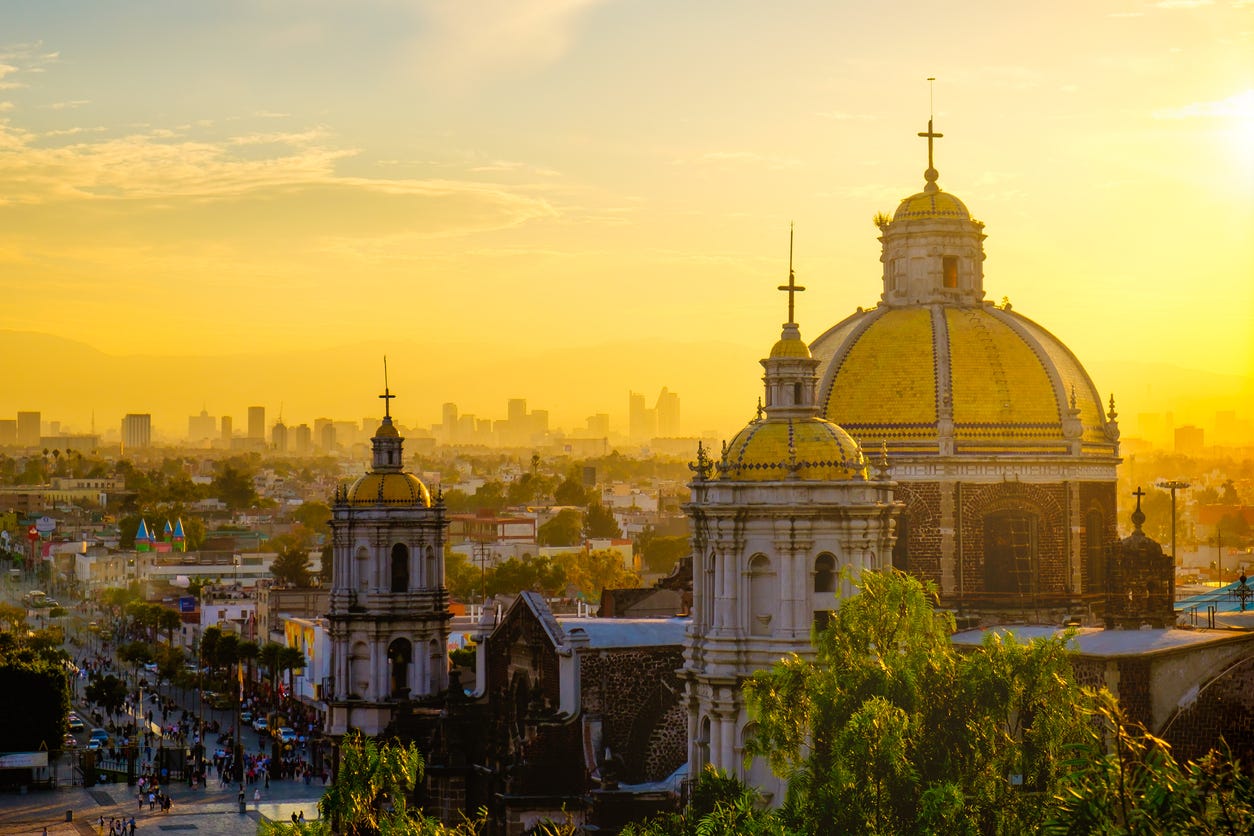
Photo credits: iStock Photos
A friend of mine recently sent me a meme of Rainn Wilson’s character, Dwight Schrute, from The Office, peering through a set of white window blinds with puppy dog eyes. The caption read: “Waiting for a meeting to end so you can use the room.” The image was its own tragicomedy encapsulated in one frame. You could see a look of “hurry up already,” as he let his coworker know they were encroaching on his time and territory. “The room,” of course, is the conference room and anyone who works a white-collar job is familiar with this momentary period of purgatory. Perhaps the last relic of the Mad Men era, like the cubicle, the conference room is the very embodiment of a pre-remote-working culture. Before the technological advancements that we now have to telemeet, like Zoom, to communicate, like Slack, and to collaborate, like Asana, the conference room is where you got down to brass tacks or to daydream, depending on your animus with work.
Now Covid-19 has upended conference room meetings and the very idea of work. Since the start of the pandemic, companies large and small have had to figure out how to conduct business through a shutdown and maintain productivity levels with a decentralized approach to management. It was thought necessary that in order to build a company culture, motivate the workforce and maintain morale, you needed to have your “heads” quartered under one roof. But what the pandemic has exposed is that business can carry on as usual with employees working from where they are most productive and comfortable. There is largely no reason to go to a physical office anymore, unless you're the type of worker who needs that separation of home and workspace. But for most white-collar jobs, anything that you could do at the office can be done in the comfort of your own home.
It appears remote work has been so successful that places like Twitter and Zillow have announced that 90%-100% of their workforce can work from home (WFH) indefinitely, while some others like Amazon are allowing their employees to stay home till the end of the year or until further notice. The same trend has been reported in a number of small businesses as well, which suggests that WFH might be here to stay, or at least until there is a therapeutic to effectively manage the coronavirus, and then we will see whether we can continue to work closely —but safely at a distance.
While this period of time has provided good learnings for businesses who can shave cost in rent, utilities, and office equipment and supplies, it’s also bought workers time. Whether in commuting or managing deliverables where the lines between on-the-job time and the personal can blur, workers can get more done with a seeming endless supply. There’s no watercooler talk, spur of the moment chats in the pantry or interruptions from that one coworker who hovers at the desk and gabs. There’s value in being able to have peace and autonomy without having your manager peeking over your shoulder.
Simply put, work can happen anywhere so long as you have good WiFi.
But this concept is not new. Prior to the pandemic many intrepid souls have left lucrative jobs to roam in foreign lands. Called “digital nomads,” this type of lifestyle was ideal for those with wanderlust or without ties to bind them down. Through freelance work or travel blogging, many have gotten by, traipsing across continents, penny pinching and staying in budget accommodations. But recent research by MBO Partners suggests that this may no longer be the case. About 56% of nomads have full time jobs and about 16% make more than $75,000 per year. In their State of Independence Research Brief, MBO Partners estimate that there are some 7.3 million digital nomads globally, with the typical being young and male. Roughly one-third are women. They can fashion an office, IT and HR services in coffee shops, public libraries or co-working spaces. Using a mixture of cloud-based tools such as Google ITA Matrix, Airbnb and many of the mentioned teletools, they have the facility to find a place to stay, to travel cheaply, to communicate and to work.
As well, the data shows that a significant majority don’t so much roam as stay in place in one international location. The ideal place for a location-independent, technology-enabled lifestyle is one that is affordable, is safe, has good weather and social activities to do and, of course, has reliable internet. Some popular destinations include Bali, Indonesia, Chiang Mai, Thailand, Medellín, Colombia, and Mexico City, Mexico, where it can be economical to both work and play. Nomading is a great way to save money by paring down expenses, if you can hack it, while getting to know a new country or culture. Imagine doing your 9-5 in paradise! It makes work not feel so much like work anymore but like perpetual vacation.
If you’re like me, you’re itching to get away. The furthest I have been in the past five months is to my neighborhood grocery store, but so few countries are open to tourism of any kind. The World Tourism Organization, a specialized United Nations agency (UNTWO), estimates that there was a 98% drop in international tourism in May at the height of the global lockdown when compared to 2019. They estimate that the travel paralysis between January and May amounted to roughly $320 billion in lost productivity. The UNTWO estimates that about 53% of all international destinations are still completely closed to tourism, 40% of countries have since eased travel restrictions, and, of that 40%, only 4 countries total have lifted all restrictions. Of course, with the U.S. showing infection spikes, not many countries are allowing travel from American tourists in particular.
There are, however, a little over a handful of countries that are opening up or welcoming Americans and even offering remote workers extended stays as a way to help bolster their economies with the lack of tourism. We’ve prepared a list of those countries, what you need in order to apply, as well as highlighted any Covid-19 related requirements to be aware of. In particular, we’ve also outlined their stance on LGBTQ rights should you decide on your own to visit or to work, as that could impact your stay, especially if you are leaving a country that is more LGBTQ-friendly to one with fewer protections. For example, and this may come at a shock for many people, some countries have draconian laws, such as life imprisonment for same-sex sex. Of the countries that are now welcoming visitors, we’ve done the work to let you know the places that are open, what you need, and what you need to know. Although a country can have discrimination laws to protect sexual minorities, it doesn’t mean that the social attitudes match them and that there is proper enforcement. As is the case for LGBTQ travelers anywhere, caution is always prudent.
If interested, you can find out more detail about additional LGBTQ laws in each country below. We’ve focused specifically on ones that could affect you in terms of discrimination (employment and housing) and, if by chance, you also find love.
Albania

Photo Credits: iStock Photos, Saranda’s City Port
Albania is a little-explored but beautiful country in the Balkans. At the junction of the Adriatic and Ionian Seas, it offers a mix of coastline and mountain terrain to explore —sort of a mix of the Mediterranean and the Alps. Places to visit are its capital city, Tirana, the Albanian Alps, the Ionian Coast (their version of the French Riviera) and its many charming port towns. Attitudes towards LGBTQ folks are changing in a positive direction. Same-sex marriage isn’t yet allowed, but there are LGBTQ protections on the books.
ELIGIBILITY REQUIREMENTS
To get a Type D or long-term visa, you need to have your letter of employment and travel documents. You will also need travel insurance and a resident permit, of which there are 19 types, so make sure you get the right one.
COVID-19 REQUIREMENTS
Mandatory quarantine: None
Negative diagnostic test upon arrival: None
LGBTQ RIGHTS
Same sex: Legal
Same-sex marriage: Not recognized
Housing discrimination protections: Yes
Employment discrimination protections: Sexual orientation only
LGBTQ discrimination protections: Yes
Barbados

Photo Credits: iStoc Photos, Bottom Bay
Barbados is the easternmost Caribbean Island and the fourth most densely populated, given its size of 268,000 people, but with arguably the best beaches. Its most famous citizen is Rihanna, and while that could be incentive enough to visit, it also has the worst laws against LGBTQ folks in the region. Same sex is punishable by life imprisonment.
ELIGIBILITY REQUIREMENTS
You can apply online but must earn at least US $50,000 and have health insurance. The visa application fee is US $2,000 per person or US $3,000 per family. You must also complete the immigration and custom forms 72 hours before arrival.
COVID-19 REQUIREMENTS
Mandatory quarantine: Dependent on test result. If positive, you will need to quarantine at your own expense.
Negative diagnostic test upon arrival: You are required to test 72-hours before arrival or can upon arrival. You must quarantine for pending results which are available in 48 hours.
LGBTQ RIGHTS
Same sex: Illegal (punishment of life imprisonment)
Same-sex marriage: Not recognized
Housing discrimination protections: None
Employment discrimination protections: None
LGBTQ discrimination protections: None
Bermuda

Photo Credits: iStock Photos, shops in St. George
Many people think Bermuda is a part of the Caribbean; geographically it is not. It’s located in the North Atlantic on the same latitude as South Carolina. For commerce it is included as a part of the Caribbean Community (CARICOM) and has a similar island vibe and beautiful beaches. The island, famous for its shorts and pink sand beaches, is most accommodating to LGBTQ visitors with full protection for LGBTQ visitors and its citizens.
ELIGIBILITY REQUIREMENTS
You must be at least 18 years old with no criminal record, have proof of employment and sustained income. Additionally, you need to have health insurance, apply for a travel authorization and a one-year residential certificate.
COVID-19 REQUIREMENTS
Mandatory quarantine: If exposed on the island you must quarantine for 14 days and submit to wearing a “quarantine bracelet” for contact tracing.
Negative diagnostic test upon arrival: Yes, no greater than 7 days before arrival.
LGBTQ RIGHTS
Same sex: Legal
Same-sex marriage: Legal
Housing discrimination protections: Yes
Employment discrimination protections: Yes
LGBTQ discrimination protections: Yes
Estonia

Photo Credits: iStock Photos, Old Town, Tallinn
I’m sure you’re asking where Estonia is. Well, it’s capital city, Tallinn, is actually a two-hour ferry ride from Helsinki, Finland. Right on the Baltic Sea, Estonia is self-described as the “most preserved medieval city in Northern Europe.” Between its 2,000 islands and thick forests—over 50% is intact—it’s a great escape for those who like the outdoors to hike and explore. Estonia is quite possibly the most digitally advanced country, able to govern entirely from cloud-based solutions. The society is LGBTQ-friendly. Although it doesn’t yet allow same-sex marriage, civil unions are permitted.
ELIGIBILITY REQUIREMENTS
As an extension of its e-Residency program for foreign entrepreneurs, Estonia allows applicants earning about $3,500 per month to apply. You cannot begin work until after taking two negative tests: one upon arrival and the other 14 days later.
COVID-19 REQUIREMENTS
Mandatory quarantine: You may be asked to quarantine depending on the country of your departure and transit. If you have symptoms, you must quarantine for 14 days.
Negative diagnostic test upon arrival: You will be tested on arrival and after 14 days.
LGBTQ RIGHTS
Same sex: Legal
Same-sex marriage: Recognizes civil unions
Housing discrimination protections: Yes
Employment discrimination protections: Yes
LGBTQ discrimination protections: Yes
Georgia

Photo Credits: iStock Photos, Bridge of Peace, Tbilisi
Georgia isn’t very well known and is often confused with the American state. Bordering Turkey, its capital, Tbilisi, is picturesque with a mixture of old and modern architecture. It’s famous for its bathhouses — not the gay variety — fed from natural spring water. Its landscape ranges from its coastline on the Black Sea to its glaciers in the east. It’s a great place for skiers, for history buffs and mountaineers. Georgia has some protections for LGBTQ folks, but discrimination is still a problem.
ELIGIBILITY REQUIREMENTS
In order to apply, you must show a certificate of employment, a letter providing consent for mandatory 14-day quarantine and have travel insurance for at least six months.
COVID-19 REQUIREMENTS
Mandatory quarantine: Yes, at your own expense.
Negative diagnostic test upon arrival: Not known
LGBTQ RIGHTS
Same sex: Legal
Same-sex marriage: Not legal
Housing discrimination protections: Yes
Employment discrimination protections: Yes
LGBTQ discrimination protections: Yes
Jamaica

Photo Credits: iStock Photos, Dunn’s River Falls, Ocho Rios
Jamaica’s rich culture, music and laid-back vibes has made it synonymous with the Caribbean. Among the largest of islands in the region, it has a great mix of beaches, rivers and mountains to explore. You can have your pick of staying in Kingston, the capital city or move about the more touristy areas of the north, northwest and east. However, with all the social credit that Jamaica earns on the world’s stage for its particularity, it’s not LGBTQ-friendly with little LGBTQ protections for its citizens.
ELIGIBILITY REQUIREMENTS
You must apply for travel authorization, provide a consent declaration and submit to being monitored electronically. You will get a 30-day visa upon approval but may extend for a longer stay.
COVID-19 REQUIREMENTS
Mandatory quarantine: You must be quarantined until you show a negative test result. If positive, you must stay at home or may be asked to stay in a government facility.
Negative diagnostic test upon arrival: Within 10 days before your arrival and will be tested at the airport.
LGBTQ RIGHTS
Same sex: Not legal (punishable by imprisonment)
Same-sex marriage: Only tourists
Housing discrimination protections: None
Employment discrimination protections: None
LGBTQ discrimination protections: None
Mexico

Photo Credits: iStock Photos, Basilica of Our Lady of Guadalupe, Mexico City
Our neighbor south of the border is one of the most culturally diverse countries to visit. From the Riviera Maya, Tulum, Oaxaca, Puerto Vallarta, Baja, or Mexico City, there’s quite a range of places to experience that are more local or touristy with urban or beach offerings not to mention the cuisine. Mexico offers full protections for LGBTQ folks.
ELIGIBILITY REQUIREMENTS
To get a year-long temporary resident visa, you need to show income above $1,620 for the last six months and a minimum of $27,000 in a bank account. You can renew annually for another three years. With four years of continuous living and paying Mexican taxes, you can apply for a resident permit. After five years you can become a citizen.
COVID-19 REQUIREMENTS
Mandatory quarantine: Anyone with symptoms must self-quarantine
Negative diagnostic test upon arrival: Pending opening on August 20th
LGBTQ RIGHTS
Same sex: Legal
Same-sex marriage: Legal
Housing discrimination protections: Yes
Employment discrimination protections: Yes
LGBTQ discrimination protections: Yes
For when things open up more broadly, we’ve put together some additional resources to assist in finding a remote job, cheap flights, a place to stay and work, as well as to connect with other nomads like yourself. To know the dates of other countries that are scheduled to open up The Points Guy has as a good list.
A resource to find remote employment and for employers to hire quality talent from abroad.
A search engine powered by Google, ITA Matrix allows you to find the cheapest flights. You will need to purchase directly from an airline or travel agent.
A network of co-living spaces in Bali, London, Miami, San Francisco and Tokyo.
A community of nomads with resources on how to find remote jobs, where to stay, and how to get insurance. You can find LGBTQ-friendly places to stay as well.
A knowledgebase created by LGBTQ people with the status of LGBTQ laws by country.
A hodgepodge of resources for digital nomads, including job posts, destination guides, books, podcasts, fora, and conferences.
Written and edited by Wesley Wade, Freshfruit CEO and Freshfruit contributor. Follow Wesley @twodoubleyoos (Facebook, Instagram, and Twitter),
Follow Freshfruit @freshfruitinc (Facebook and Instagram), @freshfruit_inc (Twitter)



